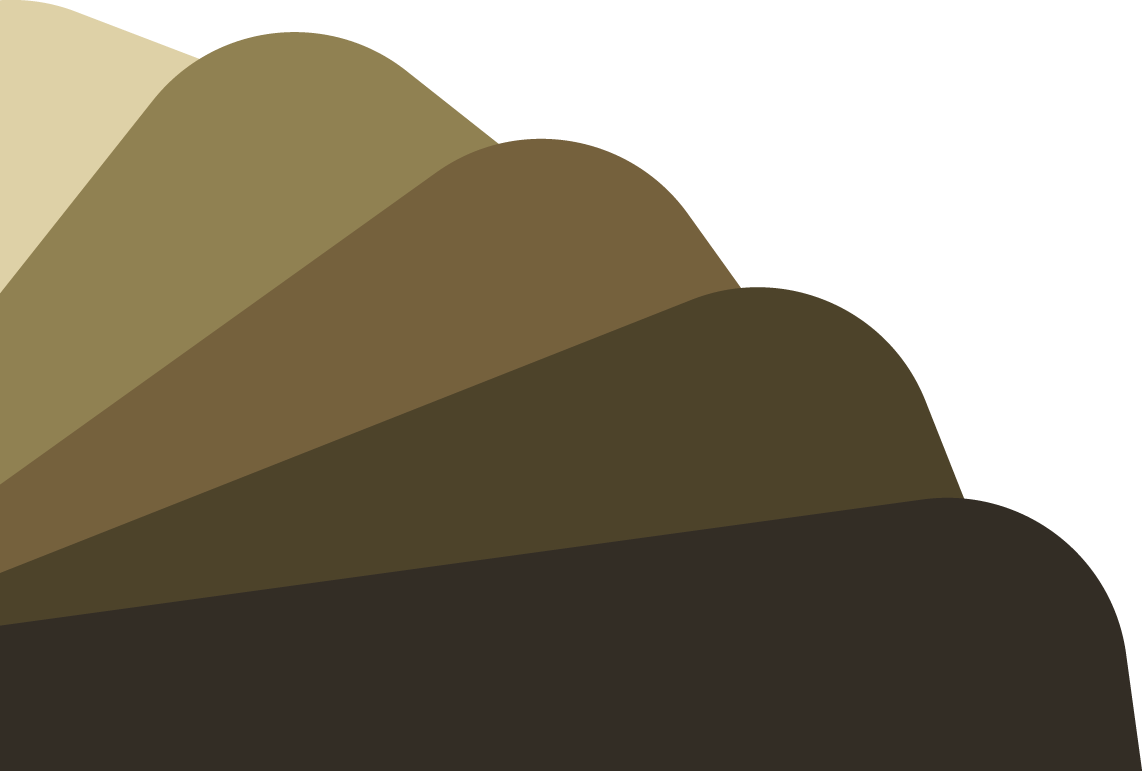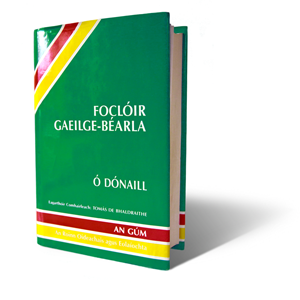lynxbythetv
Regular Member
- Messages
- 181
- Reaction score
- 26
- Points
- 28
Have you noticed any irregularities within PIE, what are your theories or opinions...
I routinely read about certain languages being isolates within the IE language and I'm starting to wonder why.
To begin with here's a few from Ancient Greece.
Etymology of Hellenes. There seems to be quite a bit of debate about this yet one of the Greek historians did mention it might just mean field, sorry I can't recall which one.
Cornish. Heyl. Field, alluvial land, stream, estuary. https://www.cornishdictionary.org.uk/?locale=en#Heyl
Argos. Ancient Greek city that is believed to have derived its name from the PIE root "Arg" meaning white. I have issues with this because the cognate of White or the Shining one are not correlating with what Ive researched. I think white oaks might be the culprit here and it's caused the generic term for woodlands to take on other meanings. Unless their has been some borrowed meanings Argos in Greek just means woodland/forest so Argo the boat builder (Jason and the Argonauts) was named after a profession or geographical feature.
Cornish. Argos. Woodland.
 www.cornishdictionary.org.uk
www.cornishdictionary.org.uk
Ancient Greek. Arcadia. Named after a god of nature Arcas.
Irish Gaelic. Achadh. Field.

 www.teanglann.ie
www.teanglann.ie
Ancient Greek. Zeus. Tied in with Dyeus (Indian) for sky god yet in Gaelic seas just means to stand on your own two feet or to be brave. Where's the sky god etymology here. Deas means to go to South. Just something curious Ive noticed.
Ancient Greek name for Troy was Lion or lios.
Irish Gaelic. Lios. Ancient ground encampment, walled.
Irish Gaelic. lion. Flax.
Scot Gaelic. Traigh. Sandy beach.
Hittite. I don't think this an Indo European language. It has Indo European cognates but the rest of the language looks far too unfamiliar. I'm going to make a topic on this Hittite theory of mine.
Yamnaya. This group who have R1B subclades that suspiciously can't be found anywhere is supposed to have dominated right across Europe. Autosomaly the Yamnaya are closest to Dagestanis and they rode horses. I find it a bit improbable that these horse lords did not leave any paternal ancestry. Maybe this group was not quite as influential as first thought.
I routinely read about certain languages being isolates within the IE language and I'm starting to wonder why.
To begin with here's a few from Ancient Greece.
Etymology of Hellenes. There seems to be quite a bit of debate about this yet one of the Greek historians did mention it might just mean field, sorry I can't recall which one.
Cornish. Heyl. Field, alluvial land, stream, estuary. https://www.cornishdictionary.org.uk/?locale=en#Heyl
Argos. Ancient Greek city that is believed to have derived its name from the PIE root "Arg" meaning white. I have issues with this because the cognate of White or the Shining one are not correlating with what Ive researched. I think white oaks might be the culprit here and it's caused the generic term for woodlands to take on other meanings. Unless their has been some borrowed meanings Argos in Greek just means woodland/forest so Argo the boat builder (Jason and the Argonauts) was named after a profession or geographical feature.
Cornish. Argos. Woodland.
Cornish Dictionary |
The online dictionary of Cornish. Gerlyver warlinen a Gernewek.The dictionary is written in the Standard Written Form of Cornish. Akademi Kernewek is recognised by Cornwall Council as the definitive body responsible for corpus planning for the Cornish language.
 www.cornishdictionary.org.uk
www.cornishdictionary.org.uk
Ancient Greek. Arcadia. Named after a god of nature Arcas.
Irish Gaelic. Achadh. Field.

Foclóir Gaeilge–Béarla (Ó Dónaill): achadh
Everything about 'achadh' in the Ó Dónaill Irish-English Dictionary
Ancient Greek. Zeus. Tied in with Dyeus (Indian) for sky god yet in Gaelic seas just means to stand on your own two feet or to be brave. Where's the sky god etymology here. Deas means to go to South. Just something curious Ive noticed.
Ancient Greek name for Troy was Lion or lios.
Irish Gaelic. Lios. Ancient ground encampment, walled.
Irish Gaelic. lion. Flax.
Scot Gaelic. Traigh. Sandy beach.
Hittite. I don't think this an Indo European language. It has Indo European cognates but the rest of the language looks far too unfamiliar. I'm going to make a topic on this Hittite theory of mine.
Yamnaya. This group who have R1B subclades that suspiciously can't be found anywhere is supposed to have dominated right across Europe. Autosomaly the Yamnaya are closest to Dagestanis and they rode horses. I find it a bit improbable that these horse lords did not leave any paternal ancestry. Maybe this group was not quite as influential as first thought.
Last edited:

